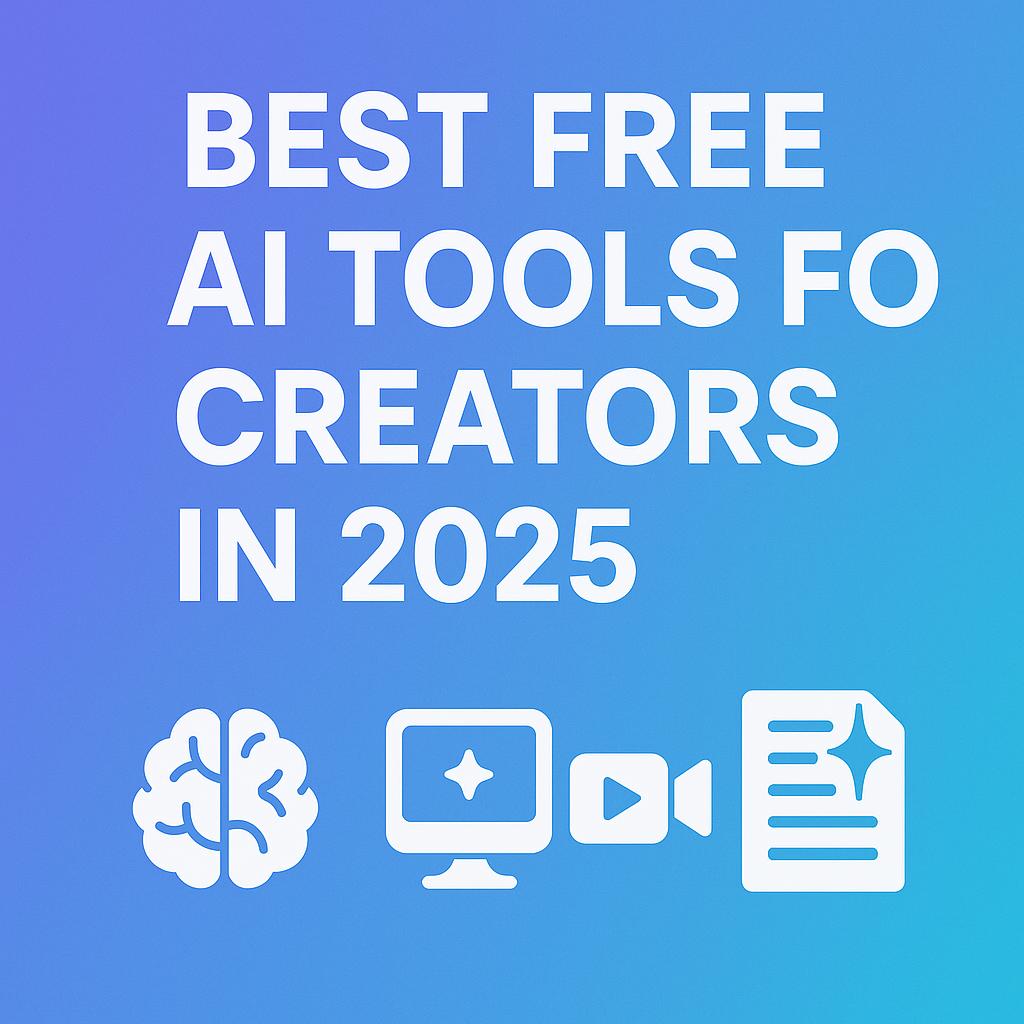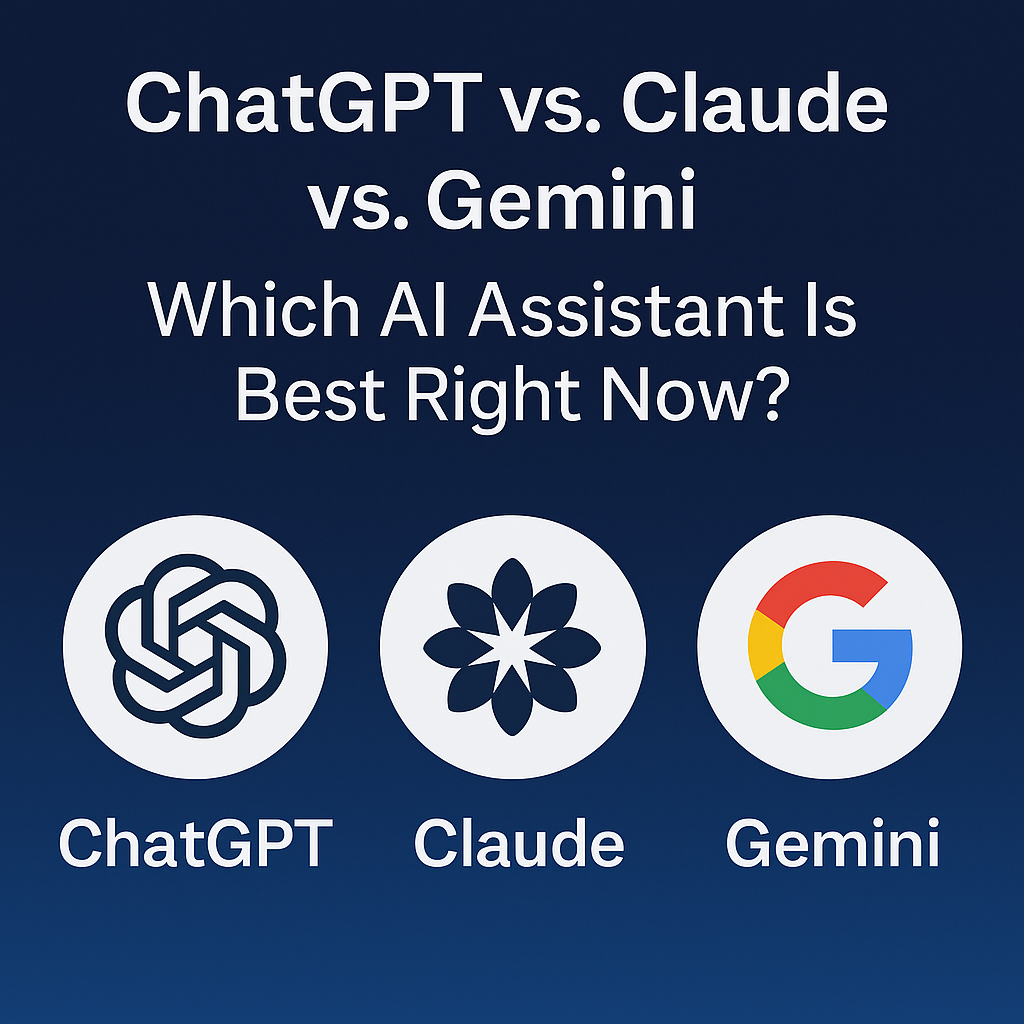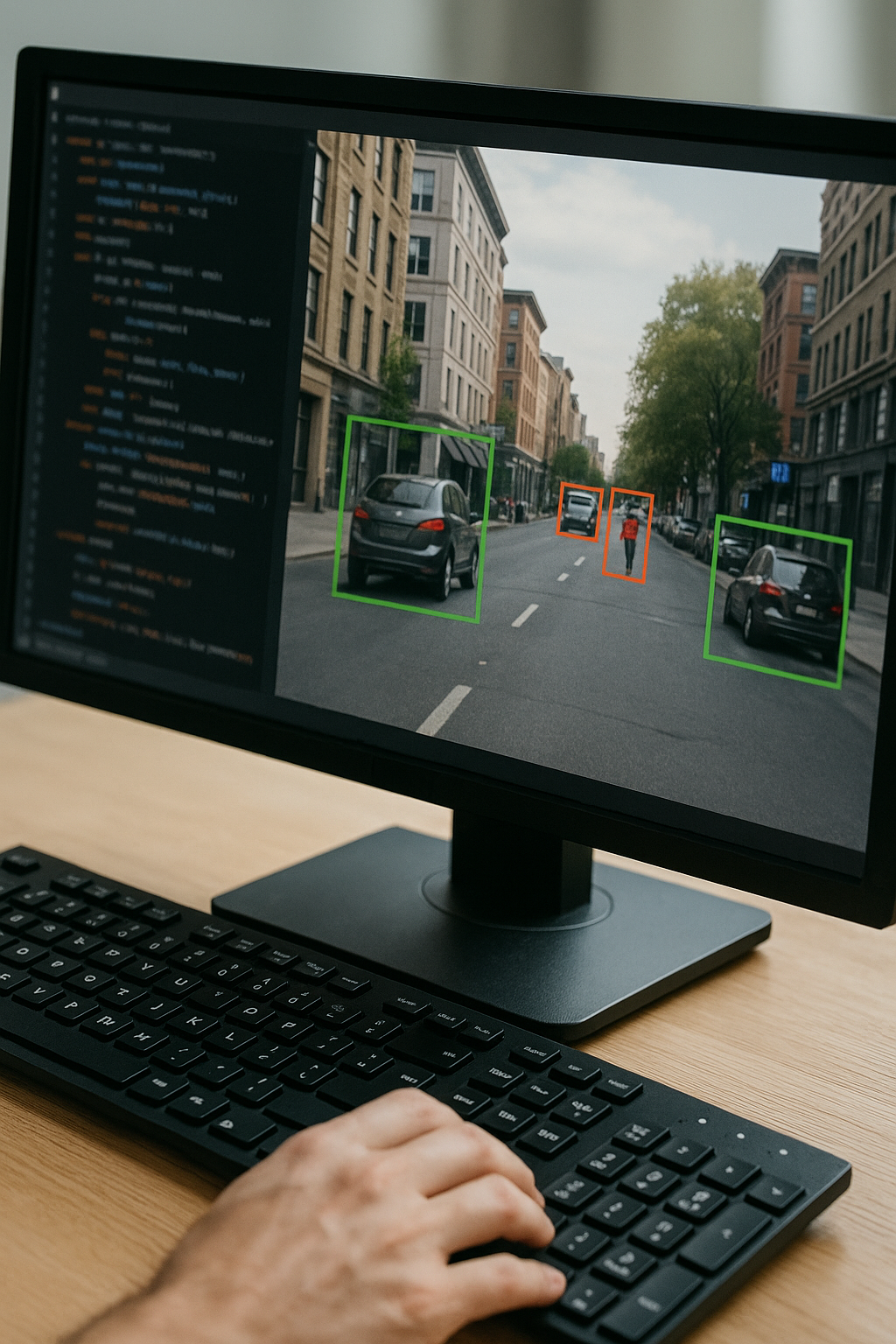AI and Gaming: Beyond Playing Chess
AI and Gaming: Beyond Playing Chess – Revolutionizing Game Development and Player Experience
Artificial intelligence has long been associated with mastering board games—Deep Blue’s victory over Kasparov in 1997 marked a watershed moment. Today, AI’s role in gaming extends far beyond strategy puzzles. Developers harness machine learning, procedural algorithms, and neural networks to craft immersive worlds, personalize player experiences, and streamline production pipelines. In this post, we explore the groundbreaking ways AI shapes the future of gaming, its benefits for both creators and players, and the challenges that lie ahead.
Procedural Content Generation: Infinite Worlds at Scale
One of AI’s most dramatic impacts has been in procedural content generation (PCG). Traditional level design requires painstaking manual work. AI-powered PCG tools can algorithmically create terrains, dungeons, and entire cities. This not only accelerates development but also ensures endless replayability. Titles like No Man’s Sky use procedural algorithms driven by AI to generate over 18 quintillion unique planets, each with distinct geography, flora, and fauna, giving players truly boundless exploration.
Adaptive Gameplay: Personalized Challenges
AI enables games to dynamically adjust difficulty and narrative based on individual player behavior. By analyzing factors such as reaction times, decision patterns, and preferred play styles, AI systems can tailor enemy AI, puzzle complexity, or story arcs in real time. This ensures that newcomers aren’t overwhelmed, while veterans remain engaged. Several role‑playing games now incorporate adaptive AI directors that monitor player stress levels to orchestrate encounters—balancing tension and relief for a cinematic experience.

Enhanced NPCs and Virtual Characters
Non-playable characters (NPCs) are becoming more lifelike thanks to advances in natural language processing (NLP) and behavior modeling. Rather than following scripted lines, AI-driven NPCs can understand and respond to a broader set of player inputs. Conversational agents powered by transformer-based models let players engage in realistic dialogues, pursue branching storylines, or receive context-aware hints. This level of immersion transforms world-building from static backdrops into living, breathing ecosystems.
Streamlining Development: Automation and Quality Assurance
Behind the scenes, AI accelerates production. Vision-based AI tools can automatically detect graphical bugs or inconsistencies. Machine learning models predict performance issues across platforms before public release. Even voice synthesis has benefited: text-to-speech engines now generate high-quality dialogue for placeholder lines, allowing writers and voice actors to iterate more quickly. By automating routine tasks, teams can focus on creativity and polish.
Ethical Considerations and Player Trust
As AI in gaming grows more sophisticated, ethical questions emerge. Developers must guard against data privacy concerns when tracking player behavior for personalization. Transparent opt‑in policies and anonymized analytics are crucial. Additionally, adaptive difficulty systems should avoid manipulative designs that pressure players into in‑game purchases. Building player trust requires clear communication about how and why AI collects and uses data.
Looking Ahead: AI-Driven Ecosystems
The next frontier lies in fully AI-driven gaming ecosystems. Imagine persistent worlds where AI autonomous agents maintain economies, populate cities, and interact with players and each other independent of developer intervention. Cloud-based AI, powered by edge computing, will enable seamless multiplayer experiences with real-time procedural content tailored to global player communities.
Game engines are already integrating AI modules into their core toolkits, and middleware firms offer plug‑and‑play AI services for smaller studios. As hardware capabilities evolve, we’ll see on-device machine learning for mobile and console games, reducing latency and enhancing privacy.
Conclusion
AI’s influence on gaming extends well beyond perfecting a chess program. From procedurally generated realms to intelligent characters and optimized workflows, AI promises richer, more dynamic experiences for both developers and players. Embracing these innovations responsibly will define the future of interactive entertainment.
Eager to stay at the cutting edge of AI and gaming? Subscribe to our newsletter for deep dives, developer interviews, and exclusive AI toolkits—delivered straight to your inbox.
Sign Up For Our Weekly Newsletter and Get Your FREE Ebook " AI For Everyone - Learn the Basics and Embrace the Future"











